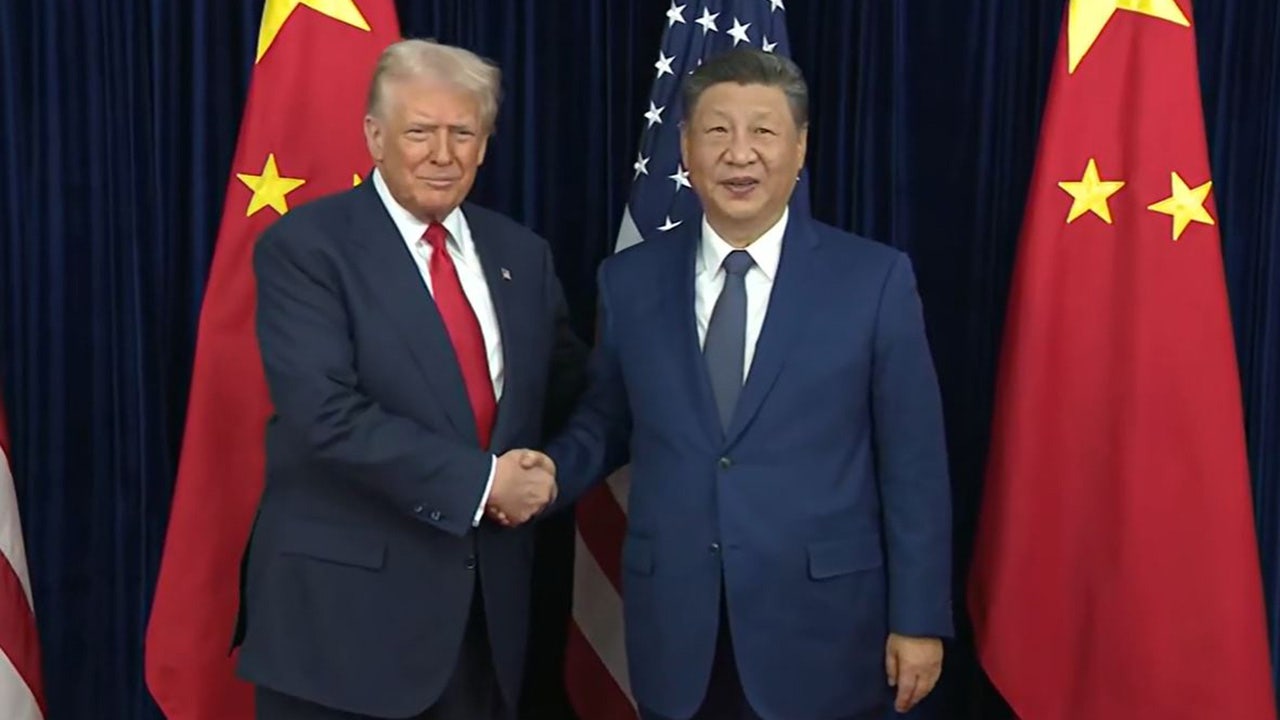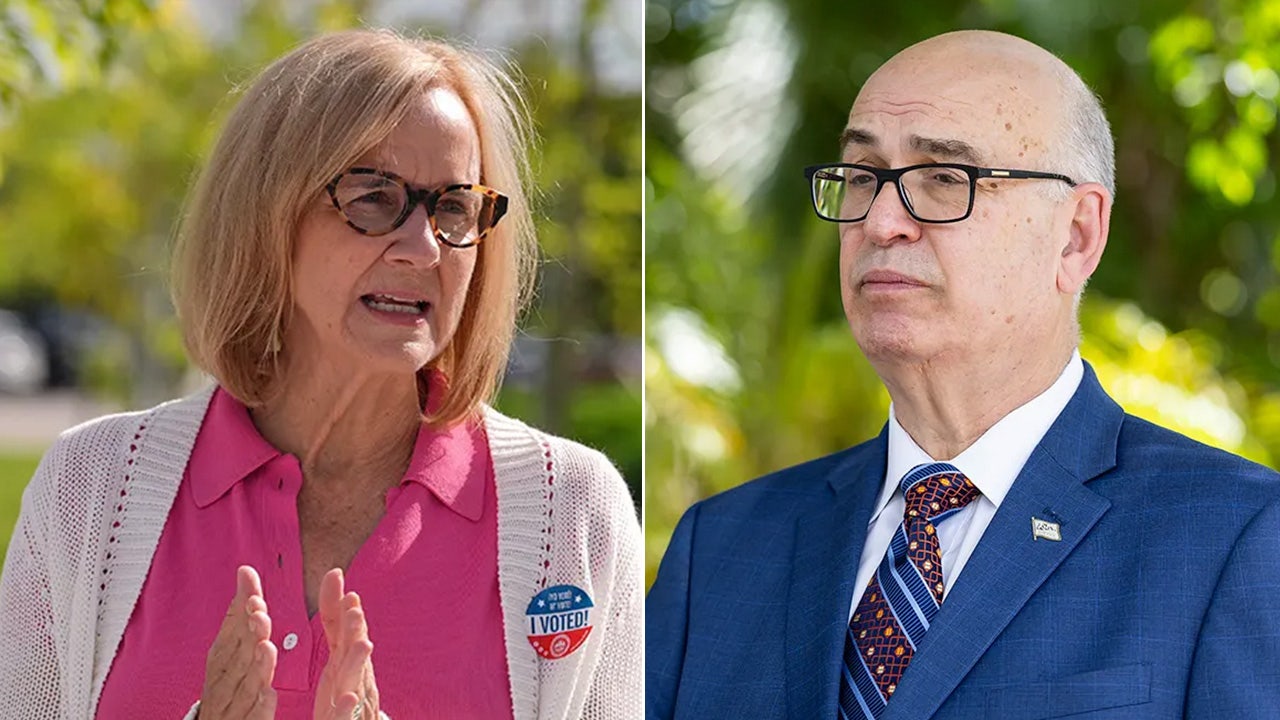Before Isaiah Decastro Nash was arrested for storming a Columbia University library, the philosophy undergraduate dabbled in poetry.
“The primordial trauma of existence is the death and rot of God. The corpse of God; the corpse of Death; the corpse of Time; the corpse of the Phallus,” he wrote in “Sociotraumatics,” a 2024 poem published in Gadfly, Columbia’s undergraduate philosophy magazine. “The corpse of God is the corpse of the decaying phallus.”
Much of the screed focused on religion, something Nash evidenced a curious relationship with.
“The Sabbath is the destruction of civilization. It is the non-time—the non-place—in which we actively construct Godhead; in which automatic event wages war on the sacred. It is the subconscious repetition of the retrospective end-of-time that maximizes the sacrificial,” he wrote.
Nash was just one of a bevy of avant-garde writers, artists, and eccentrics arrested for storming Butler Library last week, a Washington Free Beacon review of online records found. Roughly 80 radicals stormed the Columbia building, renamed it after a terrorist, injured two security officials, damaged bookshelves, and distributed pamphlets praising Hamas before they were arrested.
One arrested student, Ridwana Rahman, wants you on your knees.
Rahman, a Muslim Bangladeshi and first-generation American born in Portland, Oregon, is in the second year of her Master of Fine Arts at Columbia, according to her website. One of her pieces the Ivy League university showcased in 2024, “Points of Contact (or, Who are you on your hands for?),” left little to the imagination, featuring “a low-hanging self-portrait photograph of her body clad in black latex juxtaposed with a series of glazed black tiles made of porcelain,” according to a Columbia press release.
“I’m interested in being able to control the audience,” Rahman said. “To see people get on their hands and knees—to kneel down with their body just to see my image—it reminds me of the power that I hold. I want a level of ambiguity, but I also want a very direct correlation between sex and religion and the photo establishes that.”
While Rahman likes making people look down, her fellow arrestee, Anais Robledo Murillo, prefers having them look up.
Murillo, a Columbia College student in the Earth Institute department, serves as a special events and tech coordinator for the Columbia Circus Collective—the university’s first and only student-led organization dedicated to circus arts.
“Anais is a sophomore at cc studying climate and sustainability! she’s been obsessed with aerial rope since she was 16 and is so excited to share that passion with her columbia community,” her bio on the collective’s Instagram account reads. Murillo’s own Instagram is a tribute to her rope talents.
Then there’s Miriam Vonnahme, a self-described “white abolitionist dyke” who holds a Bachelor of Arts in Sexuality, Gender, and Queer Studies from Portland State University, is a graduate student with Columbia University’s Center for the Study of Ethnicity and Race—though she’s since been removed from the school’s directory.
Still, Vonnahme’s public writings come with all the requisite trimmings such an academic pedigree would inspire.
“Hegemonic Christianity functions as a colonial religion that is weaponized to reify itself in the maintenance of white supremacy and heteropatriarchy,” she wrote in a 2021 article for Geez magazine. “I find much political utility in underscoring the connections between liberation theology movements and the struggle for Prison Industrial Complex (PIC) abolition. Both demand the ‘end of the world’ as we know it, and are sustained by generating utopian imagination from the margins in the service of present liberation struggles.”
Another arrested student, Gabriela Quintero, has similarly pushed far-left rhetoric. The Columbia graduate student and dancer graduated from Barnard College in 2024 with a degree in women’s gender and sexuality studies, according to that year’s commencement program.
She’s also no stranger to campus activism. In 2020, Quintero affixed her name to a petition complaining about the Barnard course “Big Problems: Making Sense of 2020.” The course focused on “the history of systemic racism, social justice, healthcare, and equity,” Wendy Schor-Haim, director of the First-Year Writing Program and senior lecturer in the English Department, said in a press release.
Quintero, however, said the course was problematic and could be traumatic for students of color.
“Its commodification and foregrounding of Black trauma,” the letter read. “Forcing BIPOC students to undergo emotionally and mentally exhaustive discussions about their lived trauma and experiences, which causes irrevocable harm to already vulnerable students”
Two other arrested students were officers in the Columbia University Buddhist Association alongside Mohsen Mahdawi, an anti-Israel student activist facing deportation. Mahdawi served as co-president of the Buddhist group, which aims to help Columbia students “[f]oster compassion, loving joy, and equanimity in our daily lives.” Yet people who knew him said he “bragged about friends and family wanting to kill Israelis” and said “his job in the refugee camp was to make weapons.”
He also called his fellow copresident, Alejandro Menjivar, “my brother,” according to a Buddhist publication. Menjivar, for his part, gushed over Mahdawi.
“An image a lot of us carry is of him sitting. I’ve sat with him a lot. At meetings, after the meditation period ended, the teacher would begin the dharma talk, but Mohsen would just continue meditating, sitting upright in the lotus posture with his eyes closed. And he would be smiling,” Menjivar said during an April interview. Roughly two weeks later, Menjivar was arrested for joining the violent mob that stormed Butler Library.
He wasn’t the only warrior monk in Mahdawi’s curiously radicalized Buddhist club. Anjana Peddireddi, the club’s vice president, was also arrested during the recent unrest. Peddireddi is a Columbia student pursuing degrees in sociology and statistics. In 2020, she won $500 in an essay competition sponsored by the Foundation for Individual Rights and Expression.
None of the arrested students responded to requests for comment. Columbia declined to comment.
Read the full article here






